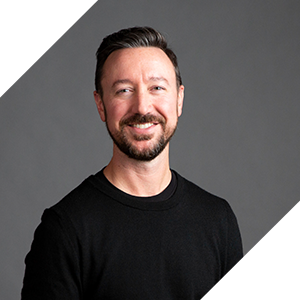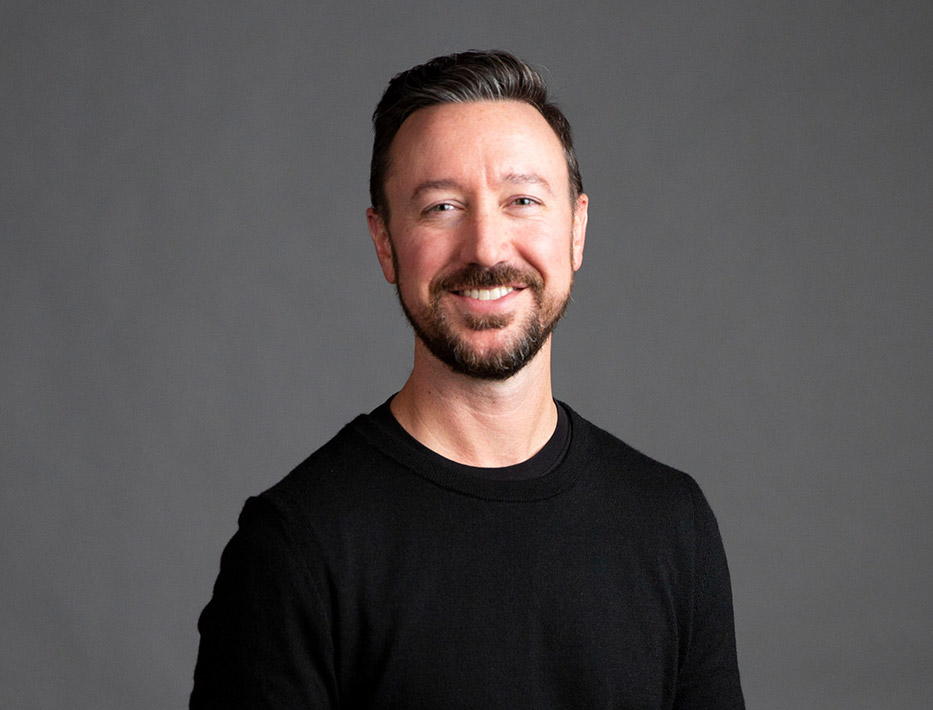In what’s become an annual LMG tradition, the previous day’s Super Bowl ads were a big topic of conversation on Monday morning. While there were some definite highlights, many of us felt that this year’s offerings didn’t quite live up to favorite spots from past years. Ever since the “Bud-Weis-Er” frogs and the “Wasssuuppp” guys from the ‘90s, we’ve looked to the Super Bowl (and apparently, often beer companies) to provide new cultural reference points. So, did any commercials from Super Bowl LI seem likely to stand the test of time?
Big Messages
Ads going political is undeniably the theme of the year. Some people applauded this, while others were hoping for more of an escape from current events. Derick Meyers, art director, said, “In general, I was disappointed with how many ads were politically motivated, but understand given the past 18 months.”
In terms of politically charged ads, Airbnb made a strong statement with their 30 seconds. Megan Wynett, senior digital designer, noted that the company also followed their spot with an email expanding on their message and promising action to help provide housing for those in need.
84 Lumber may have sent the strongest political message with an integrated pro-immigration campaign, including a mini movie and a dedicated website. The movie (shown in part during the game and in full online) definitely stirred emotions. Kim Donnelly, senior director of client services, said, “84 Lumber made my heart swell and made me proud to be an American.” The ad features fantastic acting and production quality.
Coke ran multiple messages during the game, including a safe, new “food and Coke go together” spot and a rerun of a 2014 ad with multicultural messaging. Danielle Phillips, senior account executive, said, “They have always been about uniting differences and promoting happiness/togetherness through Coke. Many other ads seemed to be trying hard to make a political statement, but Coke’s somehow accomplished that naturally by staying right on brand.”
Finally, Anheuser-Busch’s mini movie was another well produced, well-acted portrayal of the company’s founders meeting, following a harrowing journey by Mr. Busch from Germany to St. Louis.
We discussed whether brands that focused on acceptance or immigration in their ads are likely to feel some blowback. Given that the new president lost the popular vote and holds a less-than-stellar approval rating right now, companies may be hoping these ads resonate with the majority of Americans, but there's also a real risk of negative reactions. Time will tell if messages like Airbnb’s #weaccept campaign end up inspiring or alienating more consumers.
Big Laughs
Comedic commercials are always crowd-pleasers, and this year continued the trend. Automotive companies showed well, as Buick unleashed Cam Newton on some pee-wee footballers, Kia sent Melissa McCarthy on a slapstick odyssey all over the world, Ford felt our pain (from finicky dress zippers to cats with boxes stuck on their heads), Mr. Clean got risqué, and Honda showed us stars before they were stars. Associate designer Bridget Huelskamp liked the Honda spot especially, saying, “This ad was very motivating, seeing the stars we look up to today as they were before becoming famous. They offered motivational insight into conquering our fears, never giving up, and going the distance.”
In a crowded field of laugh-inducing ads, there were other memorable moments as well: Bai with Christopher Walken and Justin Timberlake, the NFL with Super Bowl Babies, T-Mobile with its 50 Shades-inspired takes, and Intel with Tom Brady are all worth tracking down.
Big Ideas
The biggest winners of the night may have been companies that didn’t stop at well-produced ads. In fact, one notable campaign didn’t run during the game at all. Kraft Heinz launched its Super Bowl effort a week before the game and elected to save $5 million by declining to advertise during the game. The campaign calls for viewers to sign a petition to create “Smunday,” a national holiday devoted to post-game recovery on the Monday following the Super Bowl. And if that weren’t enough, the company took the Smunday initiative by giving its employees a paid day off, using their ad savings to help offset the business expense.
Like Airbnb, Audi promised to practice what it preaches long after the ad campaign ends. The company issued a pledge committing to equal pay for equal work, backing up their ad’s strong message about gender equality and opportunity for women in the workforce.
We expect to see more efforts like these in the future, making ads just the start of something bigger. With or without a strong political bent, younger viewers are looking for more than 30 seconds of entertainment. They (we) want to engage with big ideas and worthwhile trends. We’re looking for inspiration that leads to action, and the potential to create an impact. We want the next unforgettable experience, which will serve as a benchmark for years to come.
Is that too much to ask of an ad? We’ll see. To echo the current mantra of everyone but Patriots fans, “There’s always next year.”




